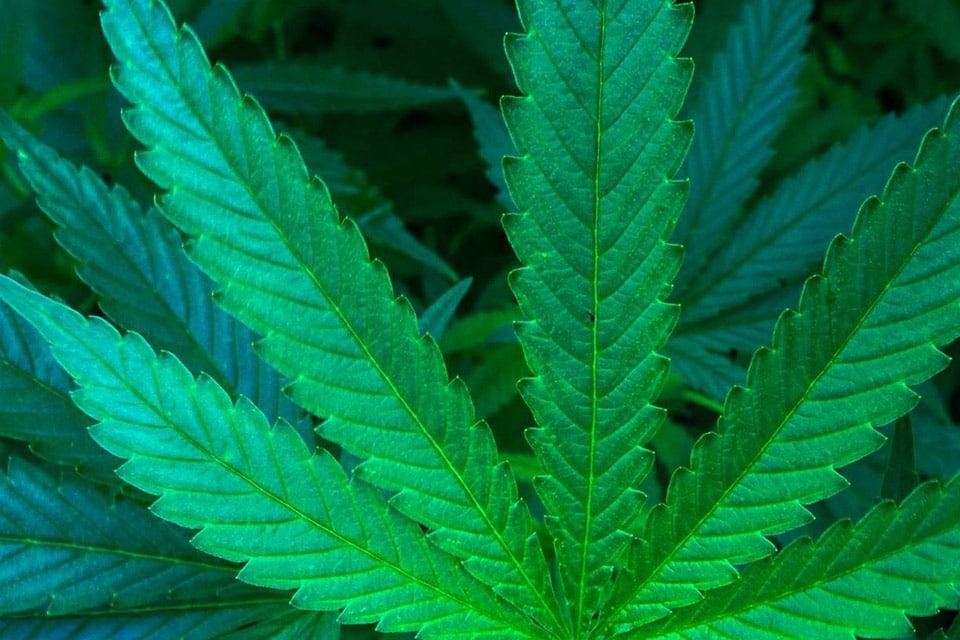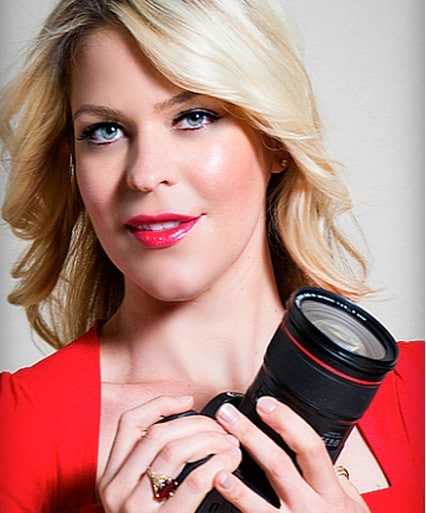This article about vegan weed and veganic farming is by guest author Jeff Kronenfeld.
We’ve all heard you are what you eat, but what does your cannabis eat? If the answer of blood, bone and feces from factory farms surprises you, cannabis grown with veganic methods may offer a cleaner and less environmentally impactful option. Famous cannabis growers such as Kyle Kushman also maintain that vegan weed grown with veganic farming tastes and burns better.
Though practiced for centuries, the term veganic is relatively new and still largely unknown to the general public. At the most basic level, it refers to growing plants without the use of animal or synthetic products. However, for many this growing method is part of a wider philosophy concerned not just with purity or quality, but also with the impacts on the environment and animal welfare. Whether the label represents the beginning of a new agricultural revolution or just the latest trendy marketing term, a small but growing number of cannabis cultivators and other farmers are going veganic.
Veganic agriculture has been practiced long before Geoffrey Rudd, a UK-based vegetarian activist and author, coined the term by combining the words vegetable and organics in the mid-1900s. Mona Seymour, an associate professor of Urban and Environmental Studies at Loyola Marymount University, notes the milpa and three sisters crop-growing systems have been practiced in Central and North America for hundreds of years. The systems involve growing corn, squash, beans and sometimes other plants together. The beans add nitrogen to the soil, while the corn stalk provides the beans a structure to grow on and the squash helps retain soil moisture.
The modern push for veganic agriculture emerged out of the organic and vegetarian movements. For some, the effort was related to forest farming, a kind of regenerative agriculture which, like the three sisters, involved growing multiple plant species together to reduce nutrient depletion and create ideal micro-climates. Some advocates for such growing systems were motivated as much by religious reasons as practical ones. In Japan, Shumei agriculture was animated by a belief in harmonizing human life with natural systems, while Christian proponents sought to embody the ideal of the Garden of Eden. Other farmers came to veganics for more practical reasons, such as their farm was located in an area not conducive to raising animals or out of a belief that animal feces reduces nutrient bioavailability.
The heavy use of animal products for fertilizers today, and the way these animals are raised and treated, are another set of reasons driving the adoption of veganic agriculture. Concentrated animal feeding operations (CAFOs) see thousands or even ten of thousands of animals crowded together, usually with little or no ability to move or access the outside. For some veganic farmers, such facilities embody the cruelty and apathy all too common in today’s agricultural systems, leading to a rejection of using animal products for fertilizers on ethical grounds. Animals in CAFOs are often given antibiotics, since such conditions are ideal for the rapid spread of disease. The manure can contain antibiotics and other contaminants from the animals. Studies have shown that plants can absorb antibiotics from the soil, according to Alisha Utter, a farmer and PHD student at the University of Vermont studying veganic agriculture. “If someone is allergic to a certain antibiotic, they could hypothetically have a reaction to that,” Utter said. “It’s definitely an area of concern.”

Kyle Kushman, cannabis grower and veganic nutrient manufacturer. Photo courtesy of Judd Weiss.
Whether its hormones, antibiotics or heavy metals, the way such substances could react when exposed to heat are of special concern to cannabis growers like Kyle Kushman, who has won over a dozen cannabis cups and numerous other awards throughout his more than a quarter century in the industry. Kushman is not only concerned about manure from factory farms, but also worries products derived from wild animals, such as bat guano, could be contaminated by pollution. Kushman also maintains that veganic nutrients are better suited to indoor growing. He worries not only about contaminants, but also how animal derived products may impact soil PH, which is crucial for proper nutrient uptake in hydroponic growing methods. After switching to entirely veganic nutrients, Kushman was so impressed with the vegan weed he grew that he became a vocal advocate for veganics within the cannabis industry and even started his own veganic nutrient line, Vegamatrix. “We found that the produce grown with Vegamatrix has levels of arsenic, cadmium, mercury and lead in the parts per billion range, 200 to 600 parts per billion, where everybody else is in the parts per millions,’ Kushman said. “That’s 1,000 times lower.”
Another award-winning cannabis cultivator, Robert Elam of 7 Points Oregon, also believes veganic nutrients provide better results when growing cannabis indoors. Having long used organic nutrients, when 7 Points Oregon upgraded to a larger commercial facility, Elam and his partner began taking a closer look at what their nutrients were made of. They learned the nutrients were mostly composed of fermented plant material and discovered BioCanna, a completely veganic line. They switched to the system, partly motivated by the smaller carbon footprint of veganic nutrients. Like Kushman, Elam found his vegan weed plants were healthier and the flower they produced superior after the switch. “We feel that the nutrients are more readily available to the plant and more digestible,” Elam said. “I think the end result was a well-balanced flower with a really clean smoke.”
Veganic nutrients potentially offer growers a simple way to reduce their environmental impact while providing consumers a safer product. However, there is no body in the US offering veganic certifications for either cannabis or other crops at this time. Though in the UK there does exist an organic stock-free standard for food crops, organic or veganic certifications for cannabis have yet to be implemented in the US, due to the fact cannabis is still illegal at the federal level. However, the nutrients used to grow cannabis can be certified as organic and have their ingredients verified. For now, asking dispensaries or growers what nutrients they use is the only way for consumers to know whether they’re smoking pure dope or dung.











